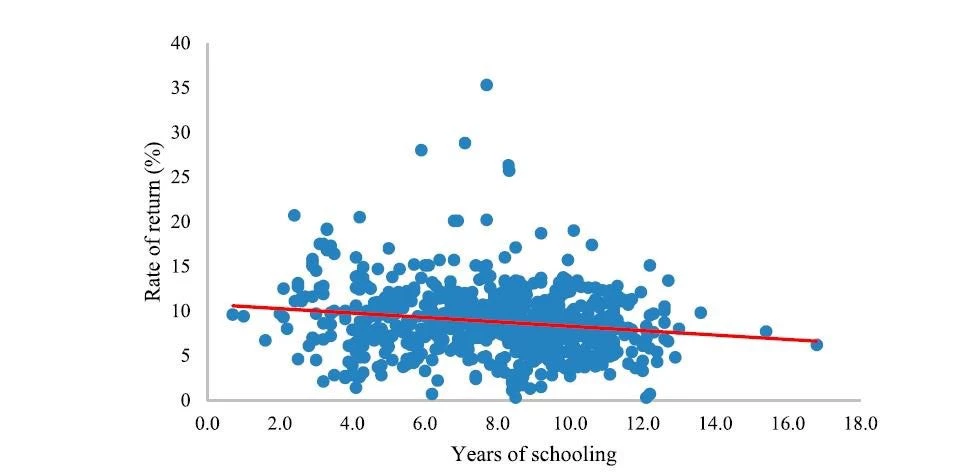The parallel session on “Evaluating cash transfers – Latin American and African Experiences” at the ABCDDE 2011 centred on the evaluation of social protection programs that distribute cash to the poor, a topic that has been widely discussed by members of the Poverty Reduction, Equity and Growth Network (PEGNet) which organised the session. In accordance with PEGNet’s focus on fostering the exchange between academics and practitioners, the session brought together experts from both spheres. All the speakers were PEGNet members and one was a winner of the PEGNet Best Practice Award for effective cooperation between research and practice.
Experiences from cash transfer programs in Uruguay and Ghana were presented by Andrea Vigorito (Universidad de la Republica, Uruguay) and Robert Osei (ISSER, University of Ghana). In the third presentation the research perspective was confronted with views from development practice by Eva Terberger (KfW Development Bank). Her presentation and the following discussion clearly showed how, in particular in the field impact evaluation, researchers in development economics and policy makers can learn from each other and how large the potential for cooperation is.
The Latin American example gave evidence of a successful cooperation between researchers at the university and the Ministry of Social Development in Uruguay. The presentation offered insights into the impact of the Uruguayan PANES program on low birth weight. Using program administrative data and longitudinal vital statistics the outcome is a significant reduction in the fraction of low-weight newborns in the order of 10 percent to 20 percent as a result of the treatment. Most noteworthy, the underlying paper shows that rigorous impact evaluations are possible with existing administrative data.
Why did Ghana follow other countries in designing a cash transfer program?
The African example investigated how a universal non-contributory pension program and a child support grant impacts on poverty and inequality in Ghana. The study also looks at the sustainability of these two types of social grants from a government fiscal position. It shows that social grants can have a positive impact on poverty and inequality. However the magnitude of the effect will be reduced depending on how governments finance the social grants. The presentation highlighted the political interest in the program, as well as the government’s need for an evaluation of the program’s targeting and cost effectiveness.
The Rise of Rigorous Impact Assessments - Available Impact Studies
Source: 3ie Annual Report 2011
The presentation from the perspective of evaluation practice in an implementing agency raises the provocative question: Evaluation for better project design or project design for better evaluations? Taking the rise of rigorous impact assessment in evaluation as a starting point the presentation asked whether the call for the incorporation of evaluation into project design is always going hand in hand with the ultimate goal of making development interventions more effective. Drawing on the very positive results of cooperation between researchers and practitioners in the evaluation of cash transfer programs the presentation elaborated that certain types of questions and interventions are especially suited for rigorous evaluations while in other areas with rather indirect effects on poverty, such as power plants, infrastructure or business related interventions, the call for more rigorous evaluation might not be followed for good reasons. The fact that we cannot prove its impact (yet) does not mean that such interventions are bad. Hence, using the same type of method for impact measurement in all contexts and sectors may lead to biased decisions on policies and promoted projects.


Join the Conversation